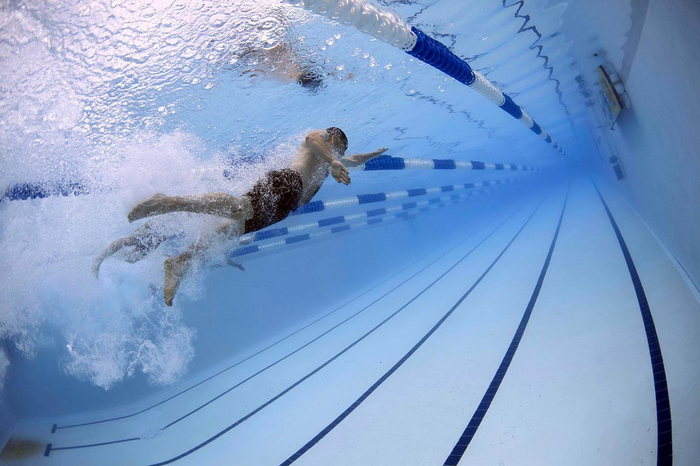What You Need to Know About Swimmer's Ear Infection
| 23 Jan 2018
The weather is starting to get hot, and many people migrate towards things that keep them cool. Of the most popular ways to stay cool is the swimming pool. I know last year my friend spent at least every other day at the local swimming trying to keep cool.

Unfortunately, towards the end of the summer, he got swimmer’s ear infection. His ears poorly hurt and he couldn’t hear very well. At first, he thought it was only a temporary thing that would go away, but it didn’t. After a few days, the pain seemed to get worse, and he would notice a greenish discharge from both of his ears.
He couldn’t bear the pain anymore, so he finally decided to go to the doctor. His doctor checked out his ears and asked him a series of questions. The doctor asked, “Have you been spending time in the water?” My friend told him he often goes swimming at a local pool.
His doctor then told him he has swimmer’s ear infection. Where many people swim could contaminate the water and cause swimmer’s ear infection. I never heard of swimmer’s ear infection till my friend contracted the disease. I was interested in swimmer’s ear infection so I did more research on where the virus is contracted and what I could do to prevent swimmer’s ear infection.
According to a writer Philip Laurel, “Water-sports enthusiasts and those who swim in pools, lakes, rivers or on beaches are most prone to swimmer’s ear. Poorly maintained swimming pools are an invitation for a severe case of swimmer’s ear.
A shower or bath can create the environment for the ear infection. Hairspray and dyes that get into the ear canal also can be culprits.” So really you can get swimmer’s ear infection anywhere. The risk is just higher for places with unclean water such as the dirty swimming pool.

There are two things that you can do to avoid swimmer’s ear infection. For example, if you are swimming in the lake, swimming pool or at the beach a good habit to develop is wearing earplugs. Ear plugs can prevent contaminated water from getting into the ear.
You can purchase swimming earplugs at your local sporting goods store. Another preventive measure to take is to clean your ears as soon as you get out of the water. Tilt your head to one side, using a towel shake the water out of your ear. You would do the same thing to the other ear.
You can still have fun in the water but make sure you take the essential precautions in keeping your ears clean and dry. You don’t want to get swimmer’s ear infection as my friend did. My friend’s ear infection lasted almost a month. Taking those precautions is well worth the pain and suffering that you and your ears can be dealing with.
